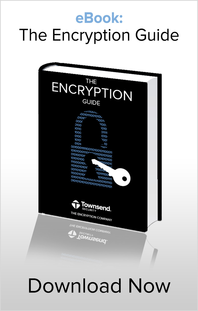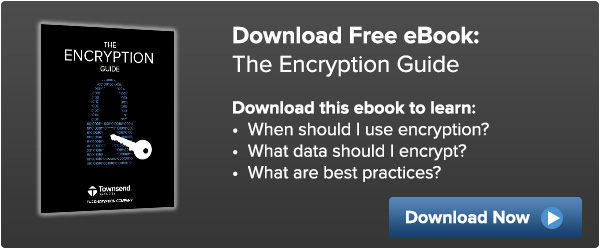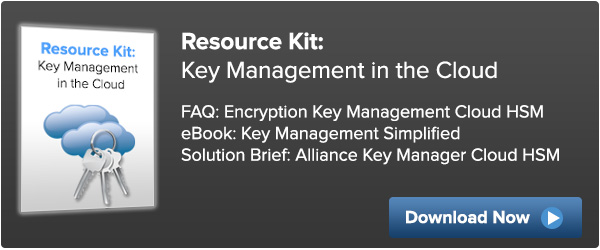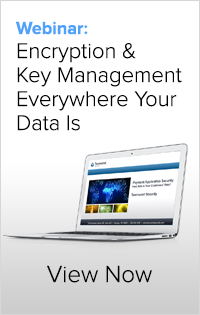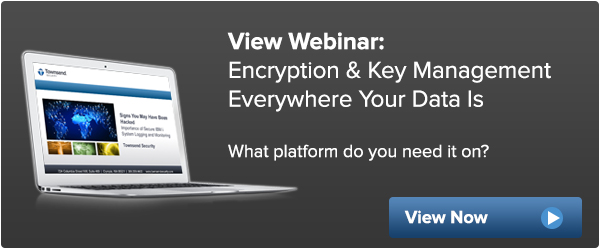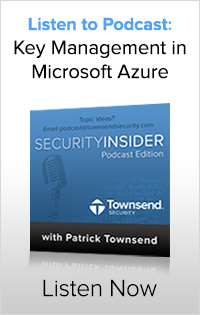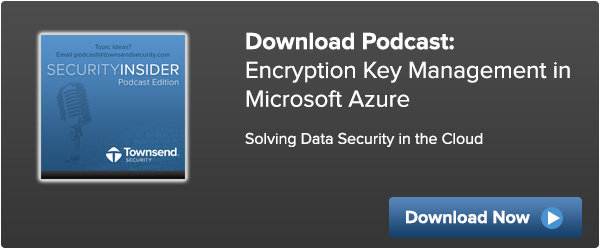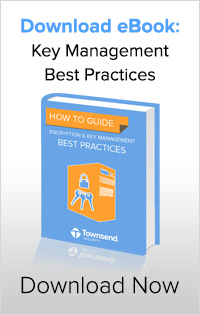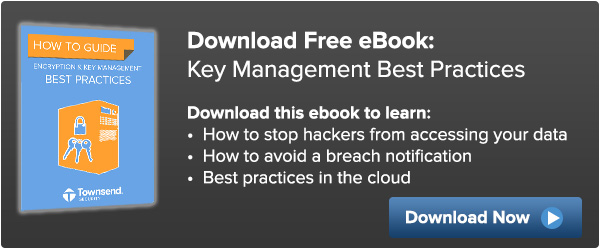Understanding Options and Responsibilities for Managing Encryption in the Microsoft Azure Cloud
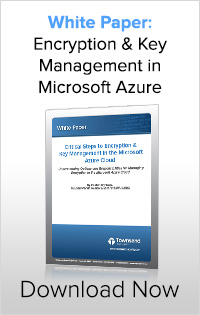 In this latest white paper, authored by Stephen Wynkoop (SQL Server MVP, Founder & Editor at SSWUG.ORG), Stephen will address how “data at rest is data at risk”, specifically looking at the Microsoft Azure Cloud as a selected platform. The author covers a wide array of information, and discusses in detail how critical it is to do the important work of protecting information in a way that works both with your applications and with the compliance regulations & requirements that impact your company and industry.
In this latest white paper, authored by Stephen Wynkoop (SQL Server MVP, Founder & Editor at SSWUG.ORG), Stephen will address how “data at rest is data at risk”, specifically looking at the Microsoft Azure Cloud as a selected platform. The author covers a wide array of information, and discusses in detail how critical it is to do the important work of protecting information in a way that works both with your applications and with the compliance regulations & requirements that impact your company and industry.
Each of the key topic areas below are addressed in detail in the white paper:
Architecture Decisions Drive Technology Approach
The options range from fully-managed data storage and access (Windows Azure SQL Database, WASD) to setting up a SQL Server with a Virtual Machine instance. Each certainly has its place, but there are big differences in options they support.
- Virtual Machines
- Key Decision Points, VMs
- Windows Azure SQL Database (WASD)
- SQL Server and Data Encryption Choices
Impact of Encryption
Encryption, and the impact of encryption on your systems, is a big area of concern for those deploying it. Three different areas are important to consider when impact on systems is considered.
- Performance
- Backup and Restore Operations
- High Availability
Key Management Fundamentals
There are core best practices to consider while you’re deploying your selected solution. Some are procedural while others are software/hardware implementations. Keep in mind that the key is to protect your most important secret: the encryption keys. You must provide for protection of the encryption keys, while still providing for access, updates and rotation (key management) of those encryption keys throughout their lifecycle.
- Segregation of Duties
- Dual Control & Split Knowledge
- Key Rotation
- Protection of Keys
- Access Controls and Audits, Logging
The author also covers how Townsend Security’s Alliance Key Manager provides answers to these challenges of working with the Microsoft Azure Cloud, securing information with encryption, and the critical need to manage the keys. For more information on Alliance Key Manager for Windows Azure, download our solution brief or get started with a complimentary 30-day evaluation
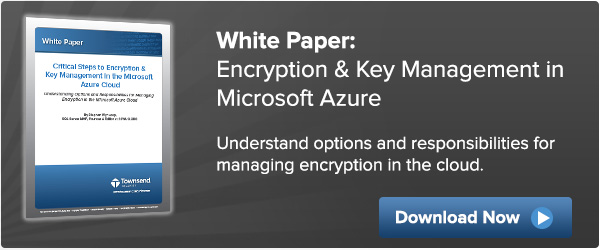
Author Bio: Stephen Wynkoop
Stephen Wynkoop is the founder and editor for SSWUG. ORG – the SQL Server Worldwide User’s Group where he writes a column and maintains the site overall. SSWUG features a weekly video programs about the database and IT world, webcasts, articles, online virtual community events and virtual conferences several times a year. Stephen is a Microsoft SQL Server MVP and the author of more than 10 books, translated into at least 7 languages. Stephen has been working with SQL Server since the very first version, with a prior experience in database platforms that included dBase and Btrieve. Stephen can be contacted at swynk@sswug.org.

